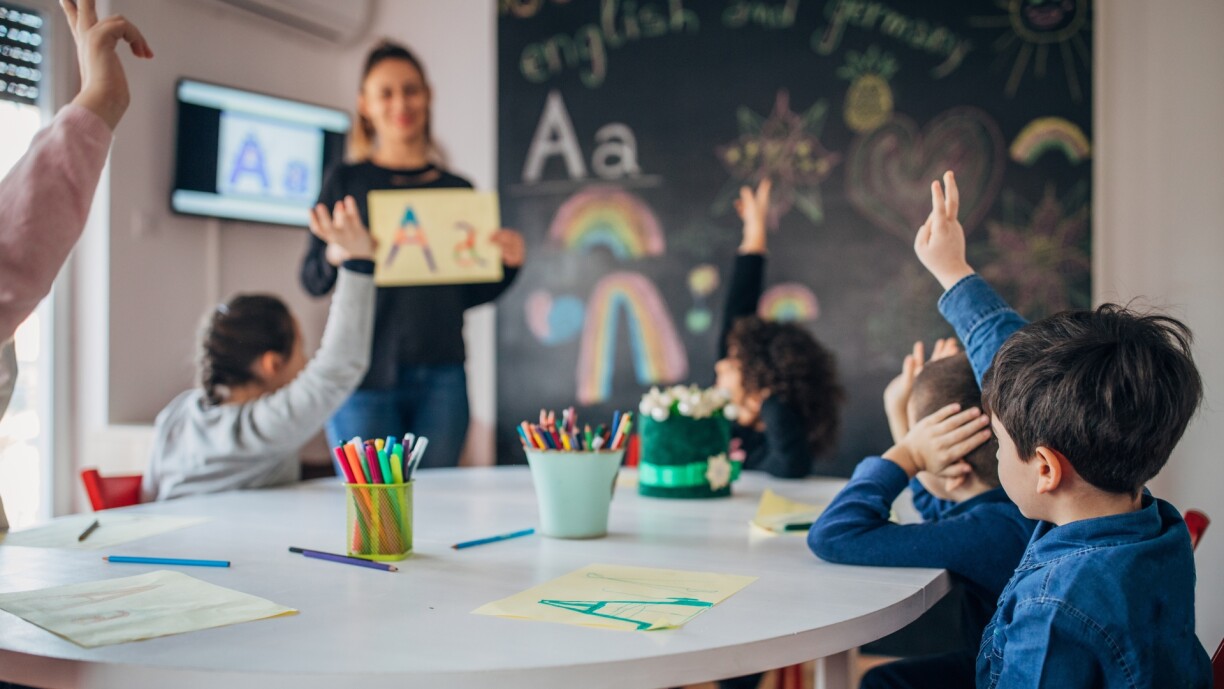
The number of children with special educational needs in Luxembourg has been increasing over the last few years. ADHD, dyslexia, autism and language development are amongst the most common learning difficulties. Fortunately, Luxembourg has various systems in place to support children and their families. Let’s take a look at how things work in the Grand Duchy.
The Ministry of Education defines a pupil with special educational needs as someone who “presents deficiencies or difficulties, which may relate to motor, visual, linguistic, auditory, intellectual, socio-emotional, attention, learning or autism spectrum domains.”
However, many parents and practitioners prefer to use the term ‘learning differences’, which promotes acceptance and embraces uniqueness.
The National Service for Inclusive Education (SNEI) is a branch of the Ministry of Education, whose vision is “to promote inclusive education and develop the quality of the support system for pupils with special educational needs.”
The SNEI oversees the national support system, updating guidelines, coordinating between the different divisions, organising events and training opportunities. If you find the endless lists of names and acronyms somewhat confusing, you will find a very useful glossary on the SNEI’s website.
The first point of contact for a child or parent seeking help must always be the class teacher in primary school, or the form tutor or subject teacher in secondary school. Hence, a positive and open relationship with the teacher is key. There can be waiting lists, although schools are encouraged to conduct an initial diagnosis within four weeks.
Within primary schools, there are specialist teachers (IEBS) and assistants (AEBS) who are trained in working with children with special educational needs. Each primary school has a special needs support team, or ESEB (Équipe de Soutien des Élèves à Besoins spécifiques) composed of dedicated on-site staff who work directly with students. Primaries also have access to a regional commission (CI) who can define the support available and make recommendations for intervention. Secondary schools have their own ESEB teams and inclusion commissions (CI). The national inclusion commission (CNI) can also be consulted for a specialist diagnosis.
In certain cases, additional support is available. There are eight competence centres for specialised psychopedagogy who employ highly qualified specialists such as psychologists, therapists, educators and nurses. Parents are welcome to seek information from these centres on an individual basis. However, for an official referral, the school ESEB team is responsible for contacting the relevant centre, who can then offer supplementary support to children and their families.
The competence centres are as follows:
There are currently 14 special schools across the country. According to the Ministry of Education, less than 1% of children in Luxembourg attend a special school.
The decision to send a child to a special school has to be made in conjunction with the National Medico-Psychological Schooling Commission, who state that parents have the right to choose between the following options:
Of course, there are several fee-paying, private schools in Luxembourg and inevitably these have their own systems in place to cater for students with learning differences. However, some private schools have a policy of supporting only students with mild learning difficulties, reserving the right to refuse to accept any child that they do not have the resources or ability to accommodate.
It is important therefore to get in touch with the school directly regarding your child’s individual needs to discuss the support available before registering or enrolling your child.